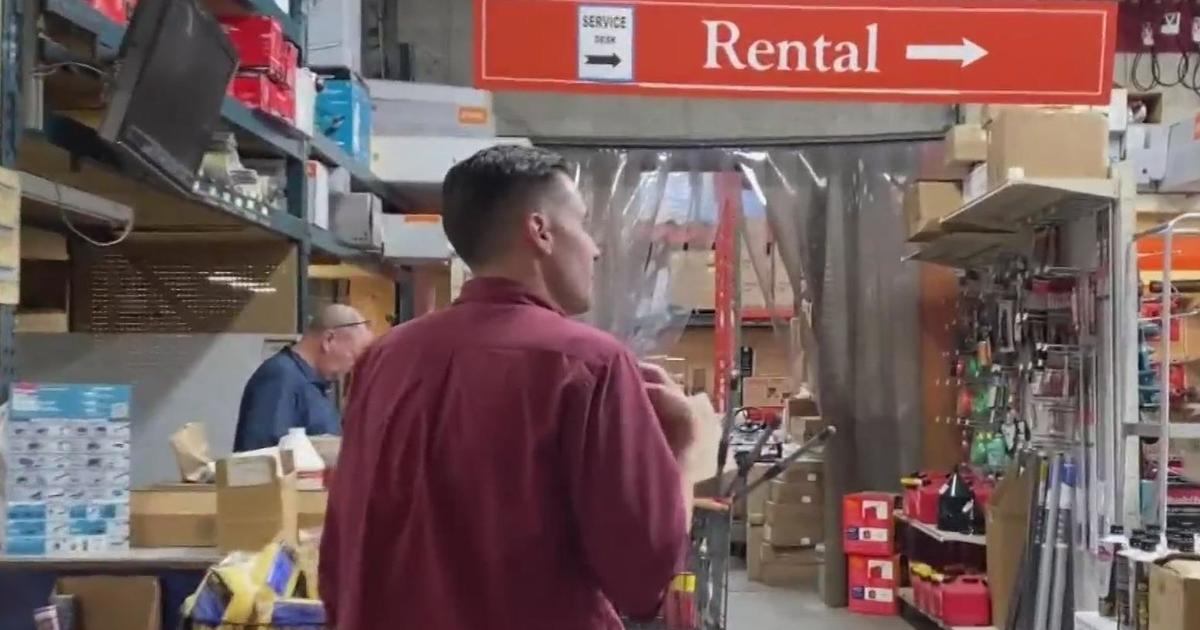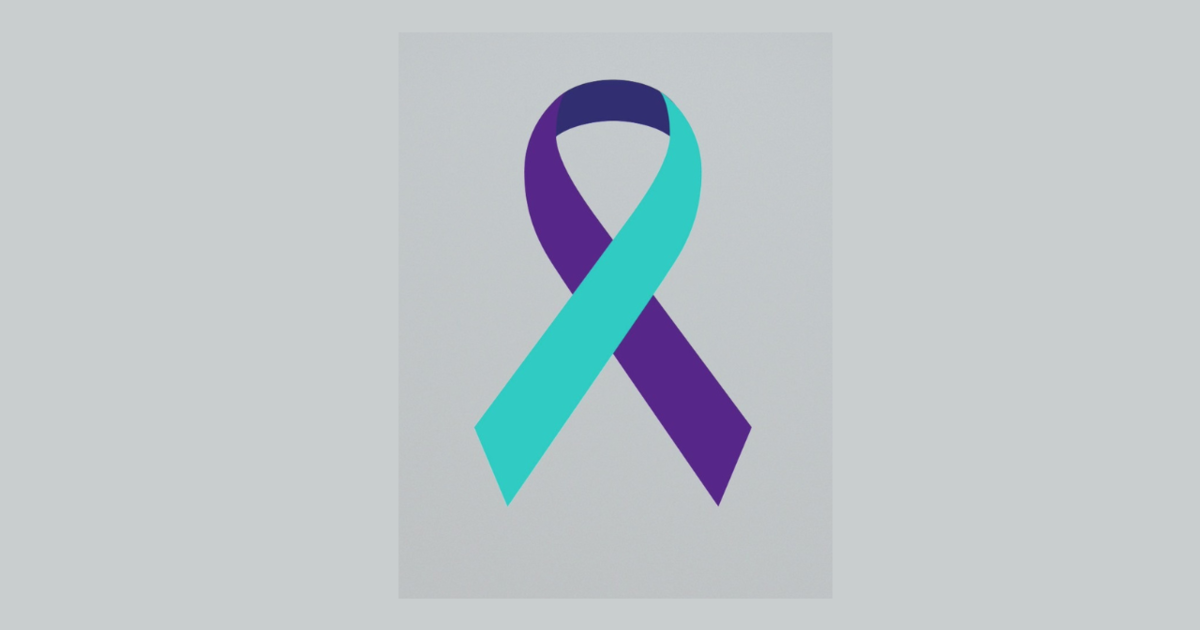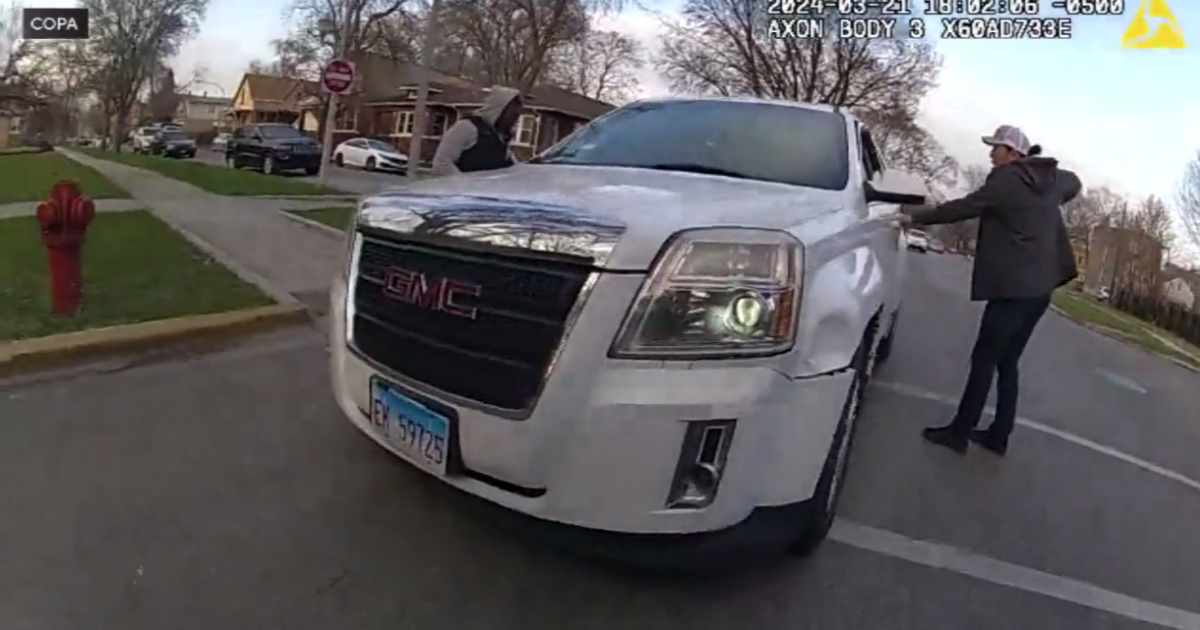"Genealogist's kind of view this as Christmas": 72-year-old census data made public for the first time
CHICAGO (CBS) – After being under lock and key for decades, you can finally access the 1950 census data which can fill the gaps in your family history and shed light on the state of the city during that time.
CBS 2's Marissa Perlman had the chance to dig into some of the data.
72 years ago, someone knocked on your ancestors' door and asked them a series of questions -- today, all of that information will be at your fingertips.
genealogists, we spoke with say it's time to break out the family tree and go digging.
This is a snapshot in time.
Pull just one page out of almost 7 million records in the 1950 U.S. census data and it will tell you a story.
"You've got the address of where the people were living who's the head of the household."
Genealogist Jeanne Bloom shares a piece of Chicago history with us from one, Wilmette family.
"Where the parents were born, Ireland what their salary and income was."
This personal information is the reason most of the data is locked away for so long.
Records identifying people by name can't be made public until 72 years later.
That's why for Jeanne and other historians April 1, is a big deal.
"Genealogist's kind of view this as Christmas."
Jeanne sees it as a way to fill gaps in family trees. She's tasked with tracking missing soldiers and is hoping some answers may lie in this new data.
"I would really like to, you know, pick up the trail to find a living relative for this solider," she said.
The census will show insight into 50's era Chicago -- a city on the brink of transformation.
Including the Great Migration of the black population from the Jim Crow South into cities like Chicago -- and the first sign of great movement out of the city.
"You're going to see the development of the suburbs."
And even non-professionals like Jeanne says you may want to hunt for hidden secrets into your own family history. All you have to do -- is look.
"It's like any oral history there are pieces that may be true and you're going to find something that you just didn't think you were going to find," Bloom said.
The digitized records will be free to access, and the information will get easier to digest with time as anywhere from 400,000 to 800,000 volunteers across the country will start fact checking entries.
If you'd like to start your search, visit The National Archive website.



